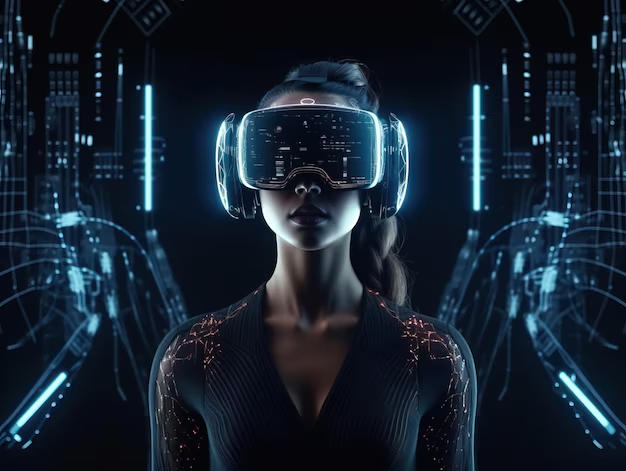Enhancing the quality of life for individuals with disabilities through technology has always been a commendable pursuit. Yet, the realm of accessibility tech has not traditionally been a magnet for venture capital investment. In 2022, disability tech ventures garnered around $4 billion in early-stage investments, a sum that pales in comparison to sectors like fintech.
Disability tech startups often face the misconception of being too specialized for substantial business success, especially in the eyes of venture capitalists who are after large-scale profitability. They are typically seen as catering to a smaller segment of the population. Nevertheless, some have broadened their horizons by offering solutions that benefit a wider audience, with the integration of artificial intelligence (AI) proving particularly advantageous.
Striking a balance is crucial for these startups; they must ensure their broader business model aligns with their core mission. AI adoption, in this context, must be substantive and not merely a marketing gimmick to pass rigorous investment evaluations.
A number of accessibility-focused startups in Europe are navigating these challenges effectively, carving out a space for themselves in the market. Here’s a glimpse into the strategies of four such innovative startups.
Visualfy: Spanish startup Visualfy uses AI to assist people with hearing impairment, focusing on safety and independence. Its sound recognition AI can identify critical noises like fire alarms and a baby’s cries within a home setting. Visualfy has expanded into the public sector, securing investment from Renfe, Spain’s national railway operator, due to legal requirements for public venues to be accessible. Their technology not only aids the deaf community but also monitors air quality and other environmental metrics, potentially qualifying for EU subsidies.
Knisper: Targeting not only those who are fully deaf but also a broader demographic with varying levels of hearing loss, Dutch startup Audus Technologies developed Knisper. Utilizing AI, Knisper enhances speech clarity in noisy environments without amplifying background noise. With adoption as the current focus, the startup has already begun collaborations with museums and other institutions where clear audio is paramount.
Whispp: Another Dutch firm, Whispp, offers a unique solution that transforms whispered speech into a natural-sounding voice in real-time. This innovation benefits those with voice disabilities who can still articulate, such as those afflicted by ALS, MS, or Parkinson’s. Whispp’s audio-to-audio AI technology ensures security and naturalness, presenting several potential revenue streams, including a subscription-based calling application.
Acapela: After its acquisition by Tobii Dynavox, Acapela Group has been advancing voice banking services, made more accessible through AI advancements. The process allows individuals, especially those diagnosed with conditions that may lead to voice loss, to record and store their voice for future use. Acapela offers the initial phase of recording for free, with monetization occurring when users decide to implement the voices on their devices.
These startups illustrate the potential for expansion beyond the initial focus on disability, targeting a larger market. This strategy not only increases potential revenue and distributes costs but also aligns with the true essence of accessibility: the ability for all individuals, regardless of ability, to utilize and benefit from these technologies.









